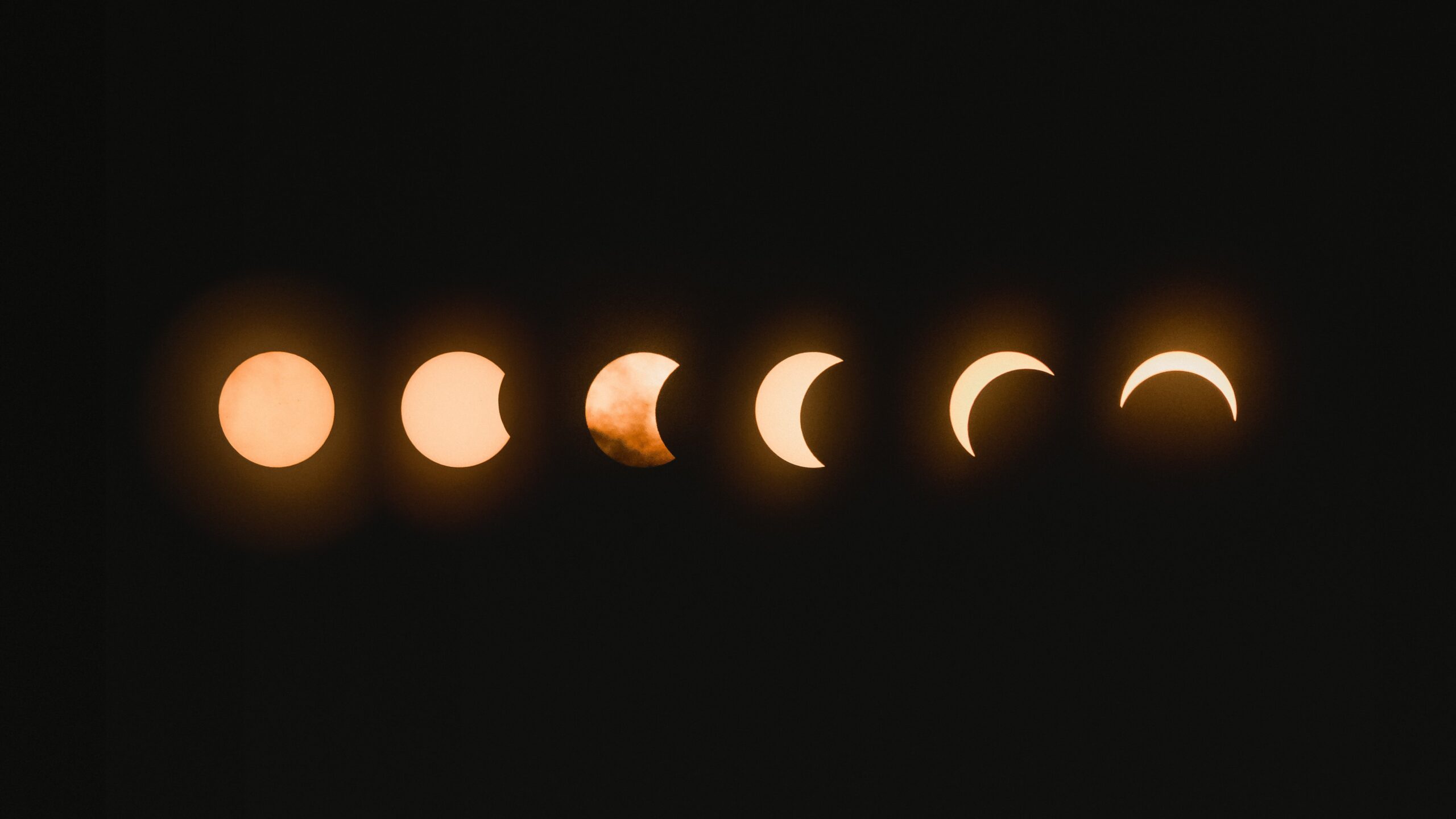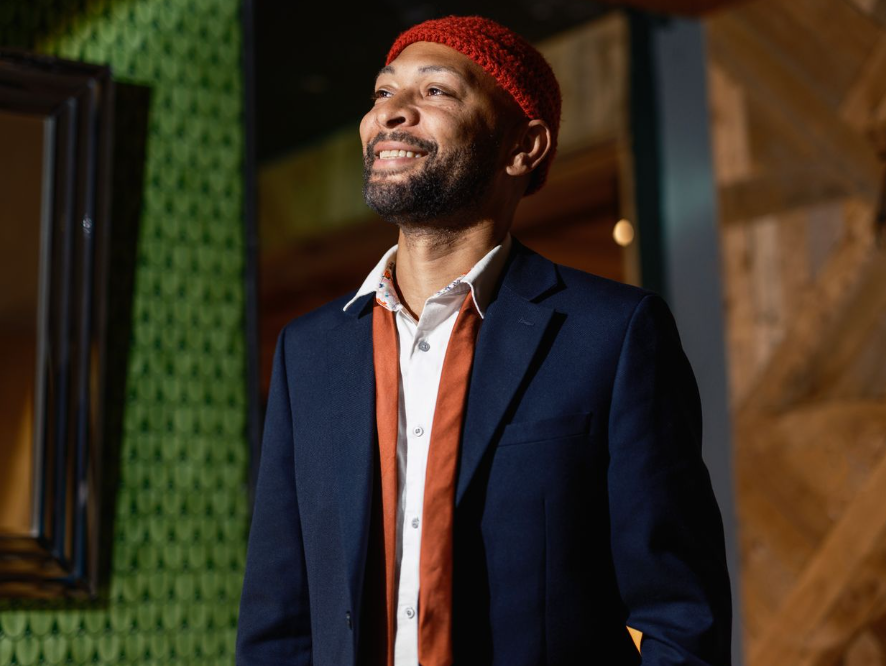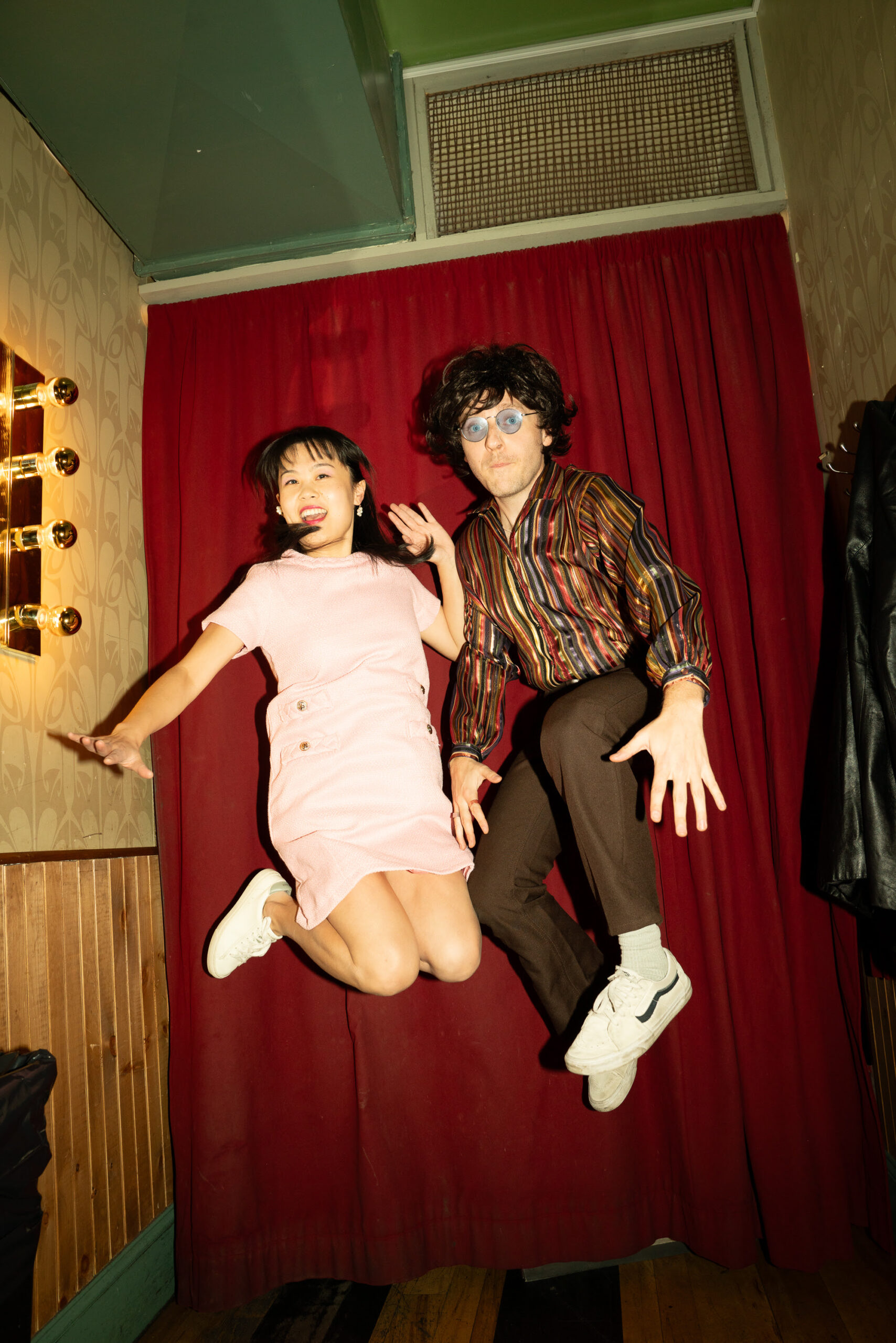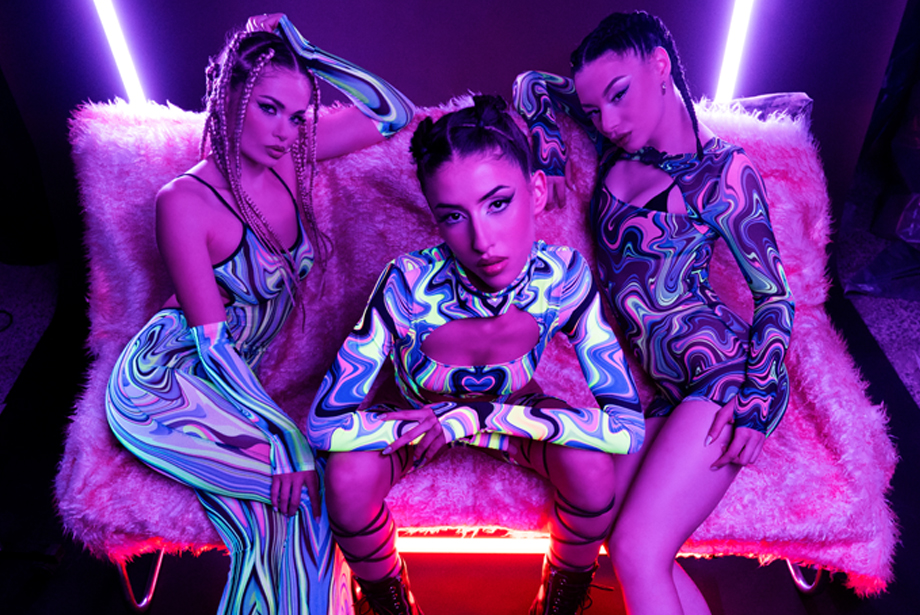CULTURE
What “Witchtok” Gets Wrong: Most Witchtokers Couldn’t Hex a Paper Bag, Let Alone the Moon
24 Jul, 20

Photo by Mark Tegethoff on Unsplash
By now, everyone and their black cat knows that some baby TikTok witches tried to hex the moon.
Of course mainstream media hopped onto the story: There was Gen Z hubris and the spooky, witch-bitch vibe all wrapped up in the holographic bow of the cool app, TikTok. Everyone focused on the hysteria that resulted from the alleged hexing, which included everything from people claiming to see dead fish wash up onshore to feeling emotionally distraught (the tides and emotions are ruled by the moon, after all):

Turns out, it was a bunch of young witches, troll-lol-lol-ing.

“Witchtok” as LARPing
Speaking as a witch, it’s becoming painfully apparent to me that “witchtok” has nothing to do with magic.
Instead, witchtok is the Fox News of the platform, complete with conspiracy theories, truthiness, and a whole lot of bombastic posturing.
My account, @hichaweon, gained 56K witchy followers in less than 4 months, but instead of feeling accomplished, I feel conflicted. After all, my “For You Page” is littered with young people who seem to be LARP-ing (live action role playing) at being a witch, rather than actually doing the work.
In fact, the platform rewards the LARPing, because TikToks under 15 seconds that use trending music get the best algorithm boost, but It’s near impossible to draw sigils (arguably one of the most straightforward magick techniques) in that time frame, let alone explain the nuances of what makes for a successful vs. unsuccessful love spell.
However, these LARP-y TikToks are easy to clock, and are thus taken lightly. More insidious are the “educational” witchtok accounts who center their UPG (unverified personal gnosis) as being the Ultimate Truth. There are TikToks that claim that Lilith and Hekate hate cis-men (nope), or that “you can practice whatever magick you want” (also: nope). And these are just the ones I’ve personally seen—the hashtag #witchtok currently has 2.2 billion views.
“Growing up in the ’90s occulture [occult culture], we were a few thousand at best, all over the world…full of big egos and even bigger, more outlandish claims,” says Marco Visconti, a world expert on Aleister Crowley and Thelema. “Nothing has truly changed: today you have WitchTok youngsters claiming they are going to hex the moon, likely stealing the idea from Netflix’s ‘Chiling Adventures of Sabrina’, while [in the ’90s] you had teenagers who watched ‘Charmed’ and went on blabbing about ‘the power of the Trio’ or some such nonsense.”
Beware of Capitalist Witchcraft
But somewhere between the nascent online occult scene of the 1990s and the recent explosion of witchtok, technology has shaped and molded spiritual seeking—probably for the worst. Now the focus isn’t on actually hexing the moon (which, contrary to popular belief, is difficult for any witch, and especially a new witch, to do successfully). Instead, the focus is on highly-performative, bite-size videos that are optimized to bring in as many followers and subscribers as possible.
And because mainstream media isn’t necessarily interested in magick as a real thing, they reward these McDrive-through witches with additional attention. This creates a vicious cycle whereby potential witches are initially exposed to weak-sauce magick and then are turned off from the craft because it “doesn’t work” or is “fake.” Meanwhile, the purely aesthetic witches stay in the scene, delighting in the cosplay.
For an atheist like me (yes, atheist witches are a thing), who found such profound succor and real-life success in the occult that I evolved into a huge proponent of witchcraft, it’s quite heartbreaking to consider that those with spiritual hunger are penalized by what should be the most accessible platform to be introduced to life-changing esoteric practices.
“It shows how the attention economy is influencing new witches,” says Sabrina Scott, author of Witchbody. “It seems like they just wanna build something false and that always collapses. Respect and authority can’t be gotten just by declaring oneself competent – it has to be proven.”
But we live in a world where social proof is one’s calling card, and authority is “proven” by follower count rather than by creation of substantial content. It works like gangbusters for marketers trying to hustle that last dollar, but it can be disastrous for young, inexperienced people who think they are learning verifiable information. Magick isn’t just some Harry Potter fanfic—real individuals as diverse as suburban housewives and business people are openly practicing branches of magick (Oprah and Tony Robbins base much of their material on Law of Attraction and New Thought, after all).
What most modern witches disregard is that occult scholarship and academic research is becoming more common. Occult topics used to be studied on the fringes of Religious Studies and Theology, and many academics feared even bringing up their personal interests in magick lest they get laughed out of their university departments. Now, scholars like Liana Saif are translating the Ghayat al-Hakim (known as The Picatrix), one of the seminal works of astrological magic, directly from source Arabic into English. There is a burgeoning interest in the historical grounding of esoteric traditions, which has also given rise to independent occult publishing presses like Scarlet Imprint and Revelore Press.
But the bulk of witchtok, especially the larger accounts, seem disinterested at best. It isn’t for a lack of access or immaturity, either. Young people will endlessly research which smartphone to buy or build multi-page biographical dossiers of their favorite Kpop boyband, but they won’t bring the same energy to their spiritual practice.
This is because witchtok is not a platform conducive to practice. Instead, it plays into woke capitalism (once an account reaches 100k followers, there are sponsorship possibilities), and so there’s incentive in generating as much outrage and pearl-clutching as possible. “There’s a couple case studies out there on the correlation between economic depression and doomsday cult development…there’s a lot of factors going on here. We’re in somewhat unprecedented societal upheaval and so the human consciousness eats up the doomsday information,” says Coco Johnston, one of the few witchtok accounts I respect.
https://www.tiktok.com/@cocothespookylibrarian/video/6852463582064512261s3.amazonaws.com
Virtual Reality Witches
The occult has always been a marketplace, with different people hyping different traditions and methods. Tarot readers, professional spellcasters, astrologers, and other occultists are always trying to gain new customers. The Internet has only amplified this aspect of the occult, but instead of just the locals who come into physical contact with the magician, now there is potential for millions of young seekers to be affected by witchtok influencers. Unfortunately, the experienced occultists with treasure troves of knowledge are often absent from social media – especially TikTok, a platform aimed at Gen Z kids.
Plus, because there is no accreditation process for witchcraft, that also means there is no fixed definition of magic. Technically, anything can be magic, and therefore, there is a growing class of “virtual reality witches,” according to Marco. “Younger people nowadays look into magick a way to find the kind of agency they feel the world has robbed them of…because they were told, and also wanted to believe in order to regain agency, that the occult is easy and disposable….The real challenge is using the internet to promulgate but keeping it holy.”
Many industries capitalize on our collective fears, but witchcraft offers something unique: magick that can affect manifest reality. In a dystopian, Trumpian world of global pandemics, perpetual quarantine, talks of a new Civil War in America, and lack of justice for police and state brutality, magick can seem like a way to take back some power, to regain some agency. If mainstream channels of safety and justice can’t or won’t help you, then is there anywhere else to turn but the spirit world?
However, the magic offered on witchtok is not a balm. Even though there is plenty of magick that could legit soothe and alleviate the suffering of the population, that sort of magic requires dedication and study. And because the truly effective magick is not easy to market, witchtok chooses the sensational, with a focus on–you guessed it–hexing.
In fact, every couple weeks, there seems to be yet another hexing movement – this cycle, it’s the Moon. Previous times, it’s been Trump or individual witchtokers.
“Because the mass demographic on this app are people with limited experience in the occult, they run to influencers (who often have just as little experience) to set their beliefs. Influencers push content that gets views (click bait), content driven by fear. Fear, just like sex, sells,” says Coco.
This is a hallmark of “Darque Fluffe,” a term coined by Jake Stratton-Kent, who has been called the most notorious necromancer in England. “It’s the flip side of the regular New Age Lite flavour, no real research, no connection to authentic traditions; solely commercial crap,” says Jake. “I’m more interested in what intelligent young people in modern occultism do, to be honest…as for TikTok types burning their fingers, the truth is that excusing them as ‘young’ is an insult to many more articulate and serious folks of the same age.”
Dear young witches, be aware that the vast majority of witchtok is a whole lot of nothing. For pure entertainment value, it is sublime. I enjoy it immensely. However, if you’re just starting your path, it can be overwhelming to discern what is helpful information from the sweet-smelling garbage scrolling through your FYP.
There are lots of solid witchtok accounts. But they are too often pushed aside by the algorithm for the LARPers, the UPGers, the denizens of witchdramatok. No doubt that the universe is playfully ribbing us: After all, the etymology of “occult” comes the Latin, “to hide.” It’s terribly amusing how real occult knowledge will forever be hidden, even on a platform that promises viewers that they’ll get-witched-quick.
- Dua Lipa video Levitating is homage to Hekate – Popdust ›
- On TikTok’s Whitewashed Occultism: Confessions of a Starseed – Popdust ›














